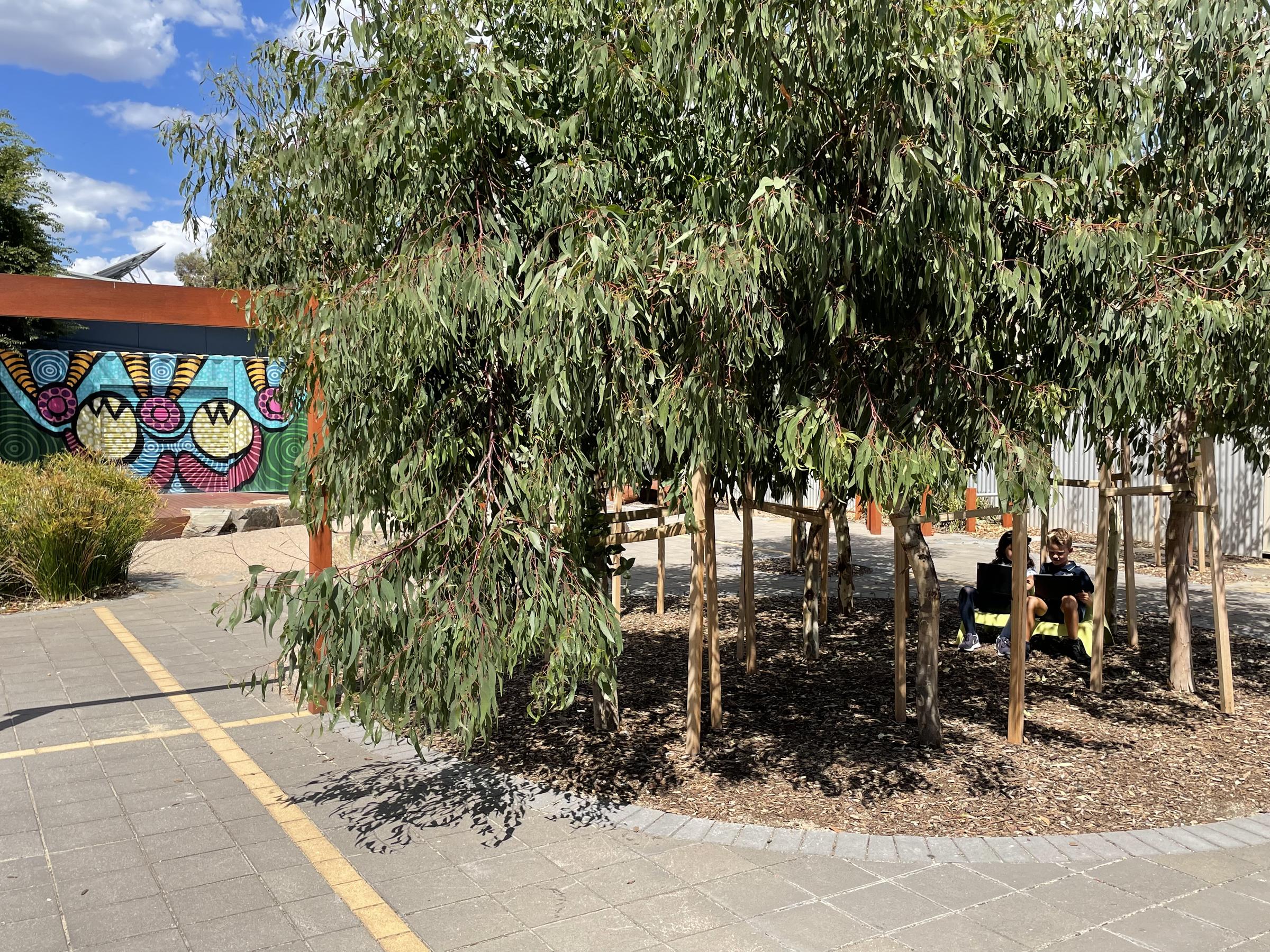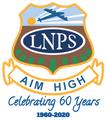English & Mathematics

English
The study of English helps create confident communicators, imaginative thinkers and informed citizens. Through English, individuals learn to analyse, understand, communicate and build relationships with others and with the world around them. English plays a key role in the development of reading and literacy skills which help young people develop the knowledge and skills needed for education. It helps them become ethical, thoughtful, informed and active members of society. Students will develop knowledge, understanding and skills in listening, reading, viewing, speaking, writing and creating through the study of English.
Writing
The writing program this semester will include Narrative and Persuasive text types. Through these texts, students will be able to express creative ideas, develop vocabulary, explain and justify points of view.
Through daily writing tasks, students will be able to focus on the conventions of writing such as punctuation, paragraphing and sentence structure. They will be provided with opportunities to refine proof-reading and editing skills which complete the writing process.
Reading
Reading has always been an important life skill. In our modern world it is more important than ever.
We expect students to read each night. The aim of regular reading is not for children to read more difficult books as quickly as possible, but rather to enjoy reading and practise some of the skills and strategies they have learnt at school.
Students will engage in a variety of experiences where they will be responding to literature through 'Read Aloud' sessions (class novel), Literature Circles (small shared reading groups), Year 2 Initial Lit, and thorough reading assessments to monitor students progress. Students will set individual reading goals to develop their understanding and application of reading strategies during our English Block.
Premier's Reading Challenge
Students are encouraged to participate in the 2022 Premier's Reading Challenge. The Challenge requires students to read 12 books between the beginning of the school year and early September. The books read need to be recorded on the official Student Reading Record sheet.
Website link -
https://premiersreadingchallenge.sa.edu.au/
Initial LIT
Year 2 students will be continuing on with InitiaLit 5 days a week, with lots of revision and ensuring no gaps in the children’s skill. The focus of InitiaLit-2 shifts to reading comprehension and spelling. All children will be closely monitored during lessons and practice activities, to quickly and easily pick up children who may need extra support or extension.
MacqLit
MacqLit is a reading program for children in Year 3 and above who need some help with their reading. It usually takes place in small groups of students and takes up to an hour a day. Student data indicates whether a student will participate in this program. It has been developed by MultiLit, a research-based initiative of Macquarie University. MultiLit has been producing reading programs for over 20 years. The aim of MacqLit is to help students with their reading. Parents can help their child by listening to them read several times a week at home.
Spell-It
Torrens teachers are implementing an explicit approach to teaching spelling in 2022. The Spell-It resource follows on from the InitialLit program implemented at LNPS in the Early Years. This resource will assist teachers to provide spelling instruction for students who struggle with inaccurate spelling. Spell-It identifies gaps in student spelling knowledge and provides teaching strategies which focus on developing understanding of the spelling system that underpins written English.
Through Spell-It workshops and learning activities, students will discover new spelling rules and generalisations which they are then expected to transfer into their writing. Topics may include spelling the sounds of Australian English, short vowel sounds, adding prefixes/suffixes, long vowel sounds, consonant sounds spelled in diverse ways, plurals, contractions, and proofreading. Activities will be differentiated to suit individual student and class needs.
Speaking and Listening
To develop speaking and listening skills, students will be involved in a variety of different activities throughout the semester. This will include class participation, assembly presentations, oral presentations and active listening opportunities.
Mathematics
Mathematics at Lockleys North is an active hands on process where students build their mathematical understanding through discussion and interactive workshops. Students will be encouraged and supported to take risks with their learning. They will learn to persevere with new or different and more efficient ways of thinking and problem solving. They will understand that mistake making is an important part of their learning, we call this having a Growth Mindset.
The way we programme learning ensures students have repeated opportunities to revisit concepts which supports those who need multiple exposure and repetition. Those who have mastered a concept have opportunities to apply and stretch their learning in a variety of ways. Learning will be a mixture of hands on tasks, book work and using their Chromebook.
Mathematical investigative tasks will be planned,allowing students to demonstrate the application of mathematical knowledge and strategies with entry points for all students.
This semester, students will continue developing their understanding of place value and learn about larger whole numbers. This should enable them to transfer their mathematical thinking into accurately measuring and calculating quantities and amounts. In addition, deepening their understanding of whole numbers will assist investigations into sharing and fractions. Making sure students have a solid understanding of place value is essential at the beginning of the year as it is the foundation of all mathematics. Students will also undertake problem solving relating to number.
Useful Resources for home
The above resources are great ways for students to develop and practice number facts. Including your child in cooking, shopping, measuring, building, gardening and many other activities will help build their capacity to apply mathematical knowledge to everyday situations. In the coming weeks each student will have access to an online program called Numerical Acumen which is another tool to help develop and practice number facts.
